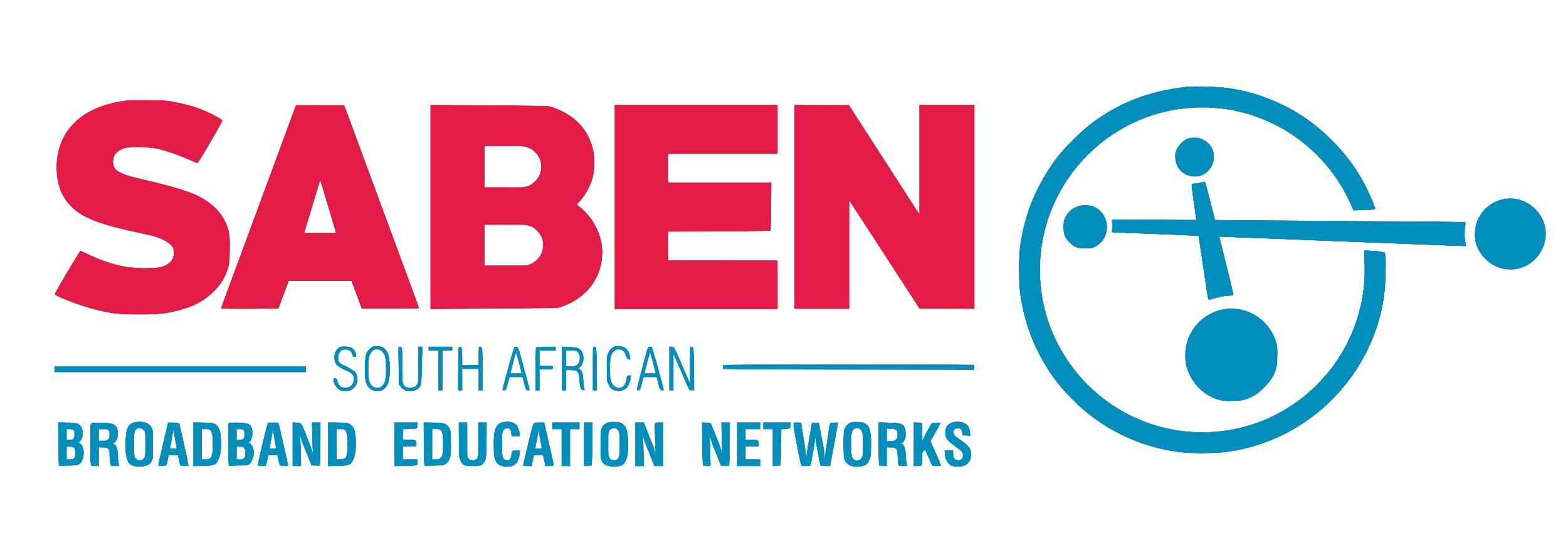Personalized Learning: Tailoring Education to Meet Individual Needs
July 4, 2024
Tailoring Education to Meet Individual Needs

In the evolving landscape of education, personalized learning stands out as a transformative approach that caters to the unique needs, strengths, and interests of each student. Unlike the traditional one-size-fits-all model, personalized learning recognizes that every student is different and seeks to create a customized educational experience that helps each learner reach their full potential. As technology continues to advance, the implementation of personalized learning has become more feasible, making it a pivotal strategy for modern education.
What is Personalized Learning?
Personalized learning refers to educational practices that aim to customize learning for each student’s strengths, needs, skills, and interests. This approach allows students to have a more active role in their learning process, often giving them choices about what, how, and when they learn. Key elements of personalized learning include:
Student-Centered Learning: Focusing on the interests and needs of students, rather than adhering strictly to a standardized curriculum.
Flexible Learning Environments: Providing various learning modalities (e.g., online, blended, project-based) that suit different learning styles.
Competency-Based Progression: Allowing students to advance based on their mastery of a subject, rather than time spent on a topic.
Data-Driven Instruction: Using data and analytics to inform and tailor educational approaches to individual students.
Benefits of Personalized Learning
Enhanced Engagement: When learning is tailored to their interests and abilities, students are more likely to be engaged and motivated. This leads to deeper learning and better retention of information.
Improved Outcomes: Personalized learning can help identify and address individual learning gaps, leading to improved academic performance and outcomes.
Empowerment and Ownership: Students who have a say in their learning process feel more in control and responsible for their education, fostering independence and self-directed learning.
Catering to Diverse Needs: Whether students are advanced or need additional support, personalized learning ensures that all learners can progress at their own pace and level.
Implementing Personalized Learning

Leveraging Technology: Use digital tools and platforms that facilitate personalized learning paths. Adaptive learning software, learning management systems (LMS), and educational apps can provide customized content and track student progress.
Creating Individual Learning Plans: Develop individualized learning plans (ILPs) for each student, outlining specific goals, strategies, and resources tailored to their needs and interests.
Flexible Classrooms: Design classroom environments that accommodate various learning styles and activities. This might include flexible seating, collaborative spaces, and areas for independent study.
Continuous Assessment and Feedback: Implement ongoing formative assessments to monitor student progress and adjust instruction as needed. Provide regular, constructive feedback to guide students in their learning journey.
Professional Development for Educators: Train teachers in personalized learning strategies and technologies. Support them in shifting from traditional teaching methods to more individualized approaches.
Challenges and Considerations
Equity and Access: Ensuring that all students have access to the necessary technology and resources is crucial. Addressing the digital divide and providing support for under-resourced students is essential.
Teacher Workload: Personalizing learning for each student can be time-consuming and demanding for teachers. Providing adequate support and resources is necessary to make this feasible.
Balancing Standards and Personalization: While personalized learning focuses on individual needs, it’s important to ensure that all students meet essential academic standards and benchmarks.
Data Privacy: With the increased use of technology and data, safeguarding student information and maintaining privacy is paramount.
The Future of Personalized Learning
The future of personalized learning looks promising as technology continues to evolve, making it easier to tailor education to individual needs. Innovations such as artificial intelligence (AI), machine learning, and big data analytics are poised to further enhance the ability to provide customized educational experiences. Moreover, the growing recognition of the importance of social-emotional learning (SEL) and holistic education will likely integrate with personalized learning approaches to support the overall development of each student.
Conclusion
Personalized learning represents a significant shift in educational philosophy, focusing on the individual needs and potential of each student. By leveraging technology, flexible learning environments, and data-driven strategies, educators can create more engaging, effective, and equitable learning experiences. As we continue to embrace and refine personalized learning, we move closer to an educational system that truly prepares every student for success in a dynamic and diverse world.
